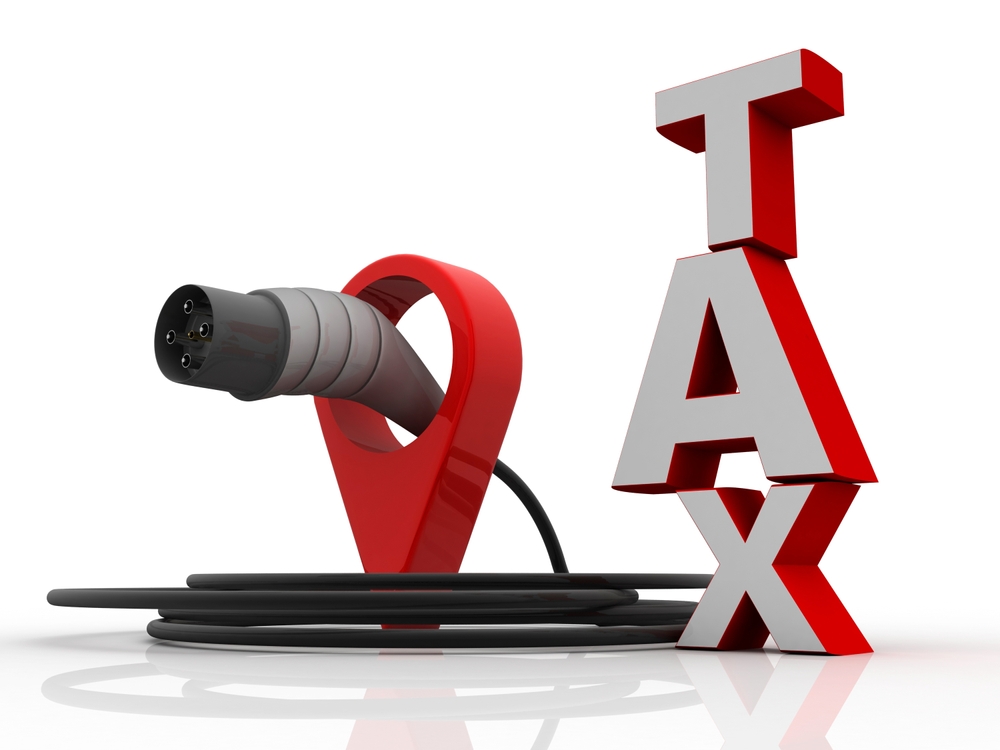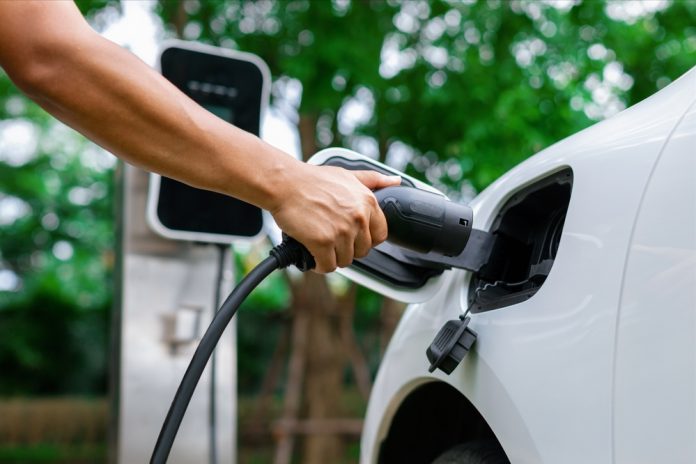Campaign for Better Transport is calling on the UK Government to introduce a new EV tax to fill a ‘black hole’ in fuel duty revenue.
The campaigners have written to Chancellor Rachel Reeves to suggest a ‘pay per mile’ tax on EVs to help plug the revenue gap.
They say that although the UK is making the proper steps to transition away from petrol and diesel-powered vehicles towards zero-emission transport, a move essential for a sustainable future, this will cause a major decline in revenue from fuel duty tax.
By 2033, they estimate this will cause a £5bn decline in revenue – a gap they believe can be solved with a new EV tax.
Silviya Barrett of Campaign for Better Transport explained: “The new Chancellor faces a looming black hole.
“She can avoid it in a way that is fair and that garners broad public support. But she should start now, as this issue will only get more pressing.”
The role of fuel duty tax in UK transport
UK fuel duty is a tax levied by the government on the sale of fuels like petrol and diesel. It’s a significant revenue source, raising billions of pounds annually, and it is used to fund public services and infrastructure, including road maintenance.
As of 2024, the fuel duty rate for petrol and diesel is 52.95p per litre, though this can vary slightly depending on the fuel type and any temporary measures or freezes introduced by the government.
Electric vehicle drivers do not pay fuel duty because their vehicles do not use petrol or diesel. Instead, EVs are powered by electricity, which is not subject to fuel duty.
The exemption for EVs is part of the UK Government’s broader strategy to encourage the adoption of cleaner, more environmentally friendly transport.
The aim is to reduce greenhouse gas emissions and improve air quality by transitioning away from fossil fuels.
However, as the number of EVs on the road increases, there are ongoing discussions about how to replace the revenue lost from fuel duty, potentially through new taxes or charges aimed specifically at electric vehicles.
The campaigners say the simplest solution would be a levied charge on zero-emission vehicles on a per-mile basis.
They also say that having an adequate transition period would enable the industry to prepare, and exempting existing EV drivers would incentivise the uptake of electric vehicles before the implementation date.
“It should be cheaper to drive a zero-emission vehicle than a more polluting vehicle, but it’s only fair that these drivers should pay a share, and a pay-as-you-drive model can achieve this,” Barrett added.
Industry support for EV tax
Research by Campaign for Better Transport reveals that 65% of the public support taxing zero-emission vehicle drivers at a lower rate than those driving petrol or diesel vehicles, with only 19% opposing this idea.
The Campaign for Better Transport leads a Pay-as-you-drive Forum comprising 37 organisations from various sectors, which advocate for a fair contribution from ZEV drivers to address the declining fuel duty revenues.

Ann Carruthers, President of ADEPT, emphasises the need to address the funding gap as the transport system decarbonises.
She suggests a well-designed pay-as-you-drive EV tax system could provide sustainable funding for road infrastructure while promoting greener travel choices essential for achieving net-zero targets.
Simon Williams, RAC’s head of policy, also highlights the necessity of replacing fuel duty with a fair taxation system as EV adoption increases.
He said: “With fuel duty revenue set to fall further as more electric vehicles come onto the road, a replacement form of taxation needs to be introduced to avoid losing billions.
“Our research suggests drivers broadly support the principle of ‘the more you drive, the more tax you should pay’. Whatever any new taxation system looks like, the most important thing is that it’s simple and fair to drivers of both conventional and electric vehicles.
“A pay-per-mile system could be set up according to vehicles’ emissions with EV drivers paying the least to further encourage take-up and ‘gas guzzlers’ paying the most.
“We’re not in favour of charging different amounts per mile based on the type of road driven on. We believe the Treasury needs to get moving on creating this new system sooner rather than later.”
As the UK accelerates its shift towards electric vehicles, the debate over how to maintain essential public funding intensifies.
Balancing the need for fair taxation with the encouragement of zero-emission vehicles is crucial.
By implementing a well-considered EV tax system that aligns with environmental goals, the UK can ensure that road infrastructure remains adequately funded while continuing to incentivise the adoption of cleaner transport options.









